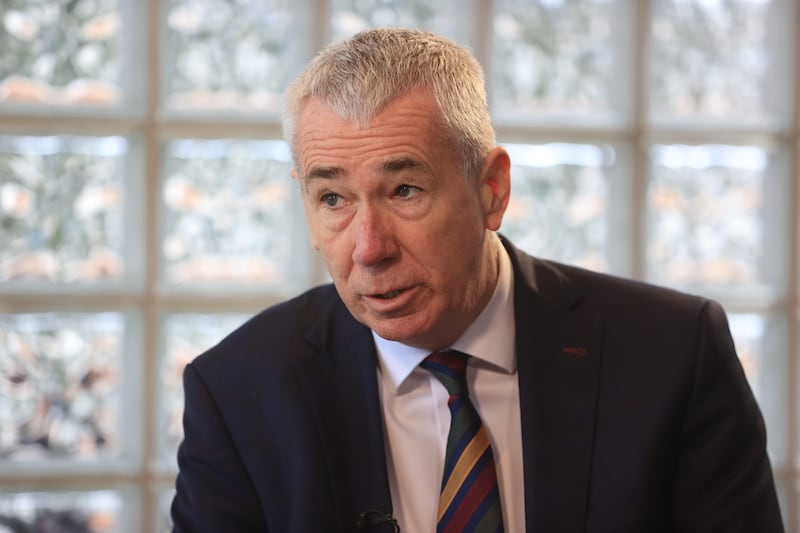The fact that the vast majority of bands marching past St Patrick's Church in Donegall Street yesterday morning observed the single drumbeat rule imposed by the Parades Commission has to be regarded as a positive development.
However, one band, Finaghy True Blues, went out of its way to deliberately flout the determination, playing the hymn ``How Great Thou Art'' outside the church, drumming loudly and then dancing with their drums held aloft a short distance away.
A spokesman defended their actions saying they were playing a hymn outside a place of worship, suggesting there was nothing wrong with that.
But the behaviour of the band was anything but respectful and detracted from the generally disciplined conduct of the parade.
Regardless of what was played, it represented a clear breach of the Parades Commission's determination and the band should be held to account.
This may be something of a forlorn hope if the police response to a similar breach at last year's July 12 parade is anything to go by.
Scottish band Glasgow Orange Defenders twice played music while passing St Patrick's Church despite a no music determination, a breach observed by dozens of police, protesters, journalists and others.
Yet the PSNI confirmed this week that while an investigation was conducted, ``no one has been charged or reported as a result''.
Given the evidence, it is difficult for the wider public to understand such a decision and further explanation from the police would be helpful.
There is little incentive for bands to curb their behaviour if they believe nothing will happen if they ignore a lawful determination.
While more work is required on this issue, the same could be said with regard to bonfires which have caused offence or posed a danger to people and property.
The burning of effigies of, among others, former Sinn Fein MP Michelle Gildernew, is both sinister and repugnant and does nothing to promote a positive image of Protestant and unionist culture.
Similarly, it is hard to understand how placing a towering bonfire next to houses in Chobham Street, causing widespread disruption to local residents, many of whom were forced to leave their homes, is a constructive contribution to a cultural tradition.
It was only thanks to the extensive efforts of the fire service that homes were protected from the Eleventh night inferno but it is ridiculous that scarce public resources have to be used to prevent property being damaged by bonfires that could be sited elsewhere.
The Chobham Street bonfire was an exercise in madness. It must be hoped that when next year's Twelfth comes around, some sanity will be applied.







